Cats, those enigmatic and graceful creatures, have long fascinated their human companions with a gamut of behaviors ranging from affectionate to aloof. While many cats revel in their relationships with humans and other pets, some prefer solitude over company. Understanding why certain cats lean toward an independent lifestyle can help improve our relationships with these mysterious felines. Let’s delve into the intriguing reasons behind their solitary tendencies.
Understanding Feline Nature
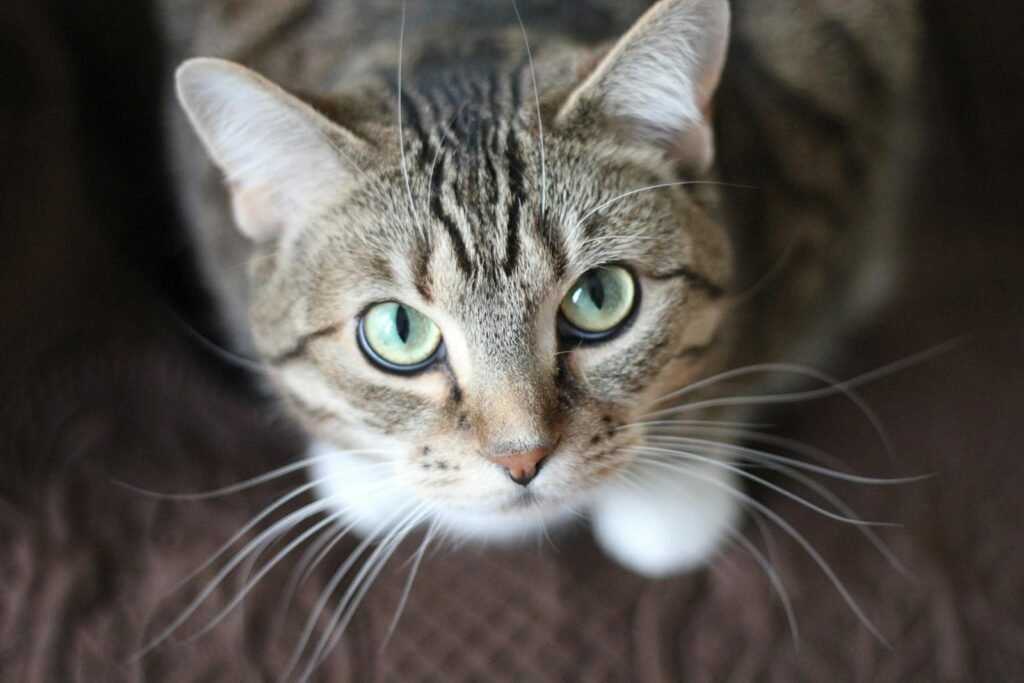
Cats are inherently solitary hunters, descended from territorial ancestors who thrived on independence. Unlike dogs, which are naturally pack animals, cats have evolved to rely on themselves for survival, hunting small prey alone. This evolutionary backdrop explains why many cats exhibit a preference for solitude, as their instincts compel them to be self-reliant.
Personality and Temperament
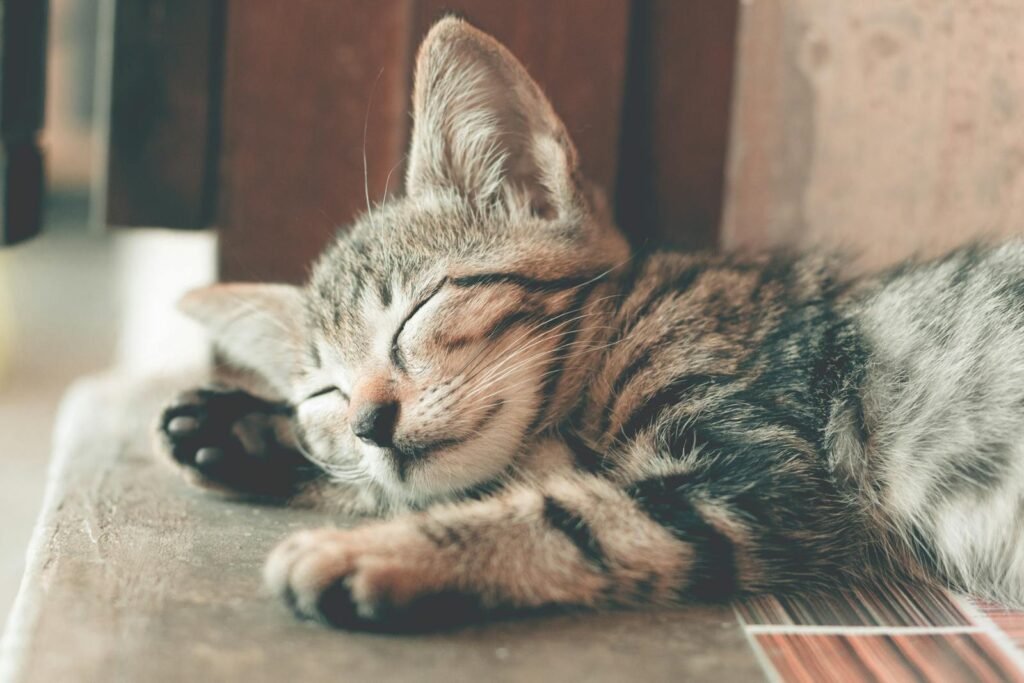
Just like humans, cats possess individual personalities. Some felines are naturally more introverted, preferring the company of their thoughts to that of other beings. These temperament differences are often noticeable from a young age, with some kittens showing a greater need for privacy than others. Genetics plays a role, too, as certain breeds are more inclined towards solitude.
Environmental Influences
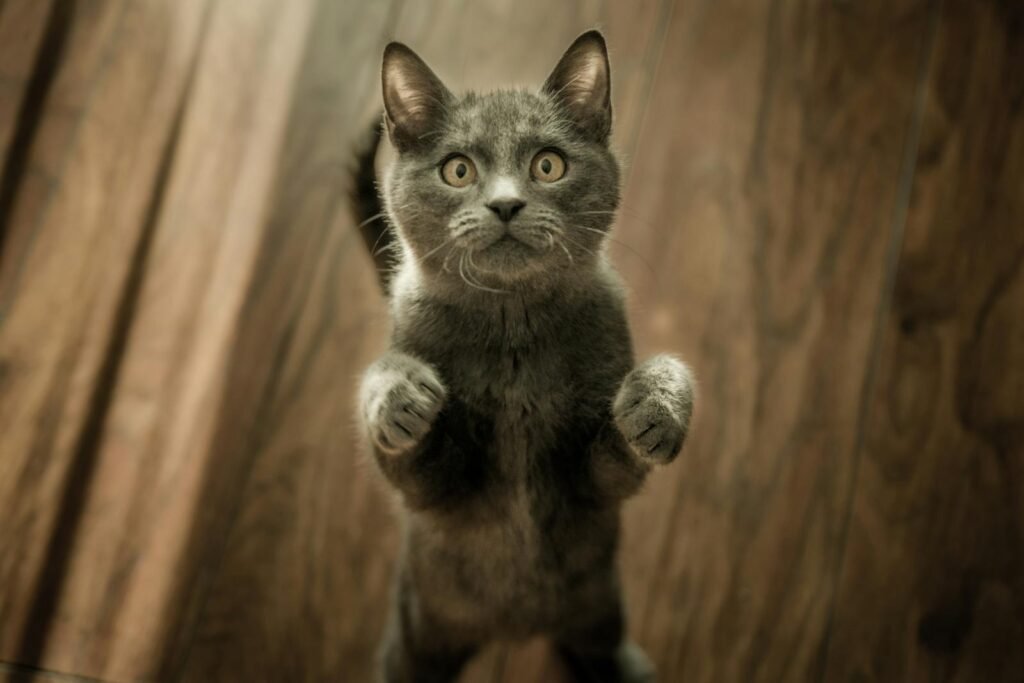
The environment a cat is exposed to can significantly influence its preference for solitude. Cats that were not properly socialized or were raised in stressful environments might be more apprehensive of social interactions. Trauma or negative experiences with other animals or people can also foster a preference for solitude as a protective mechanism.
Health Factors
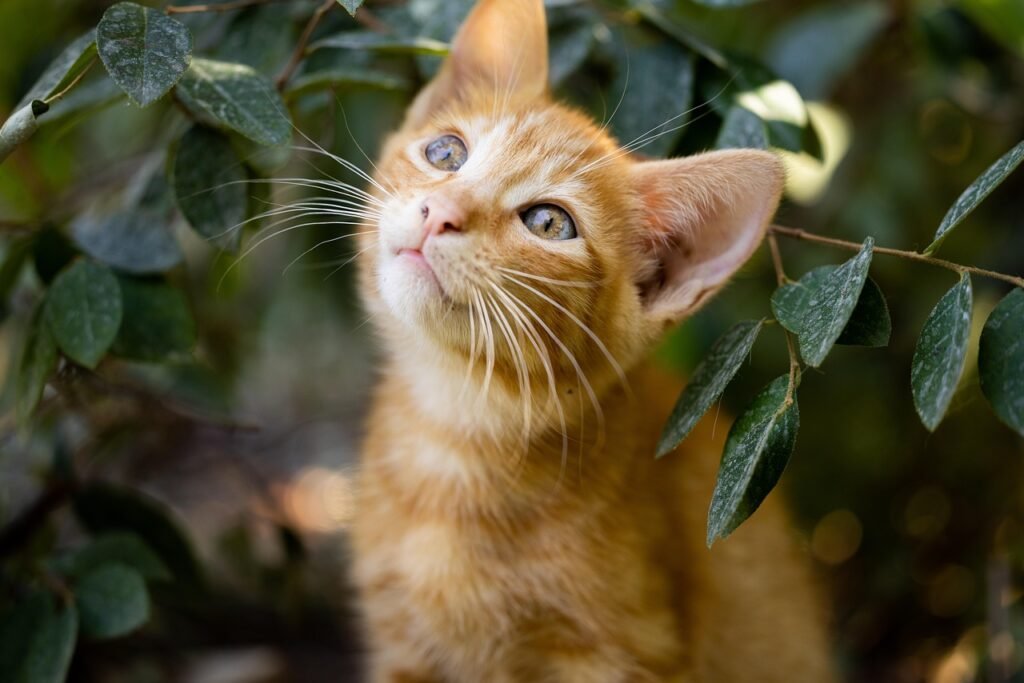
Health issues can also prompt changes in a cat’s social behaviors. Illnesses, injuries, or discomfort from conditions like arthritis can make social interactions less appealing, encouraging cats to withdraw. A sudden shift towards solitude can sometimes be a signal of an underlying health issue, necessitating a vet visit.
Territorial Needs
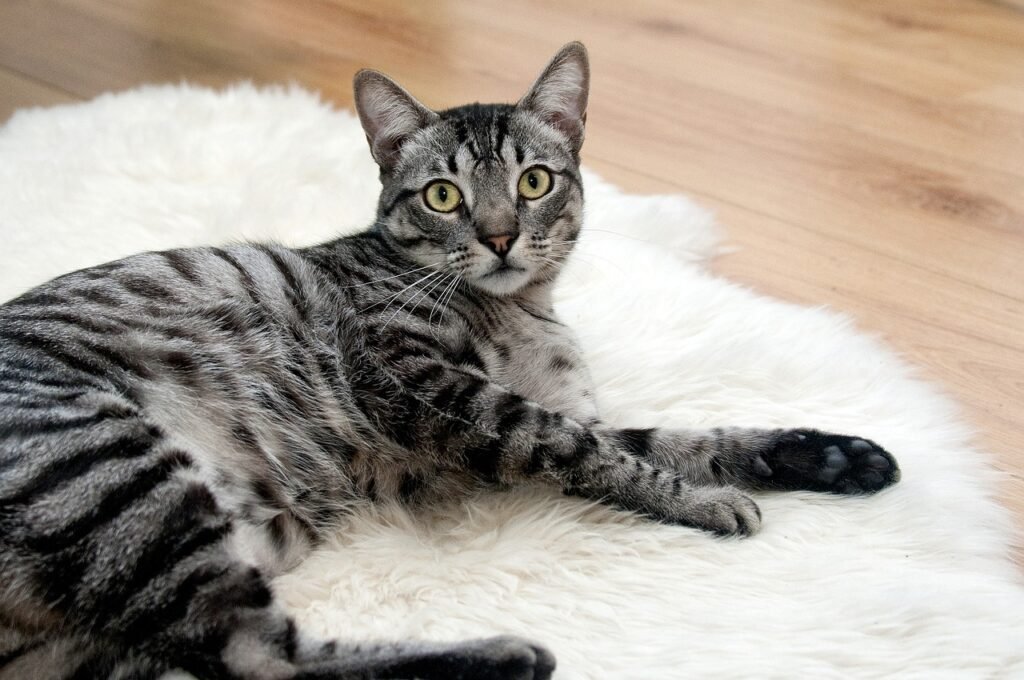
Cats are territorial animals, valuing the security of their personal space. Observing their need for a small, safe spot away from others is crucial to understanding solitary behavior. Ensuring they have a designated area where they feel secure can enhance their well-being, making them more open to occasional social interaction.
The Role of Human Interaction
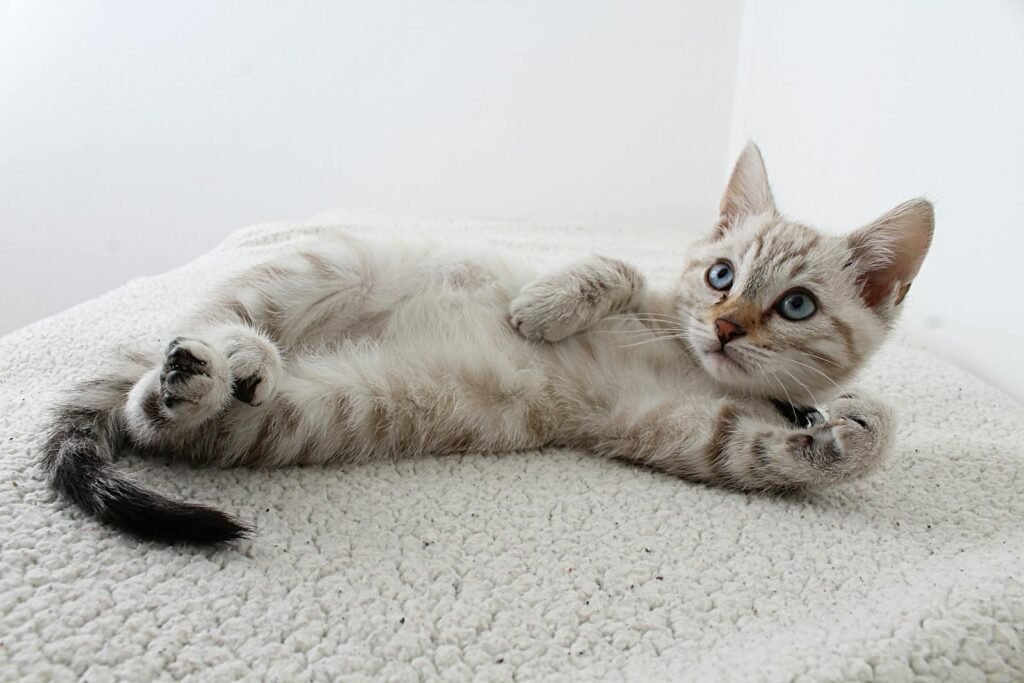
Cats often mirror the energy and behavior of their human companions. Overstimulating or overbearing behavior from humans might cause them to retreat to solitude. On the other hand, a calm and understanding human can encourage a cat to engage more by respecting its boundaries and signals.
Managing Social Anxiety
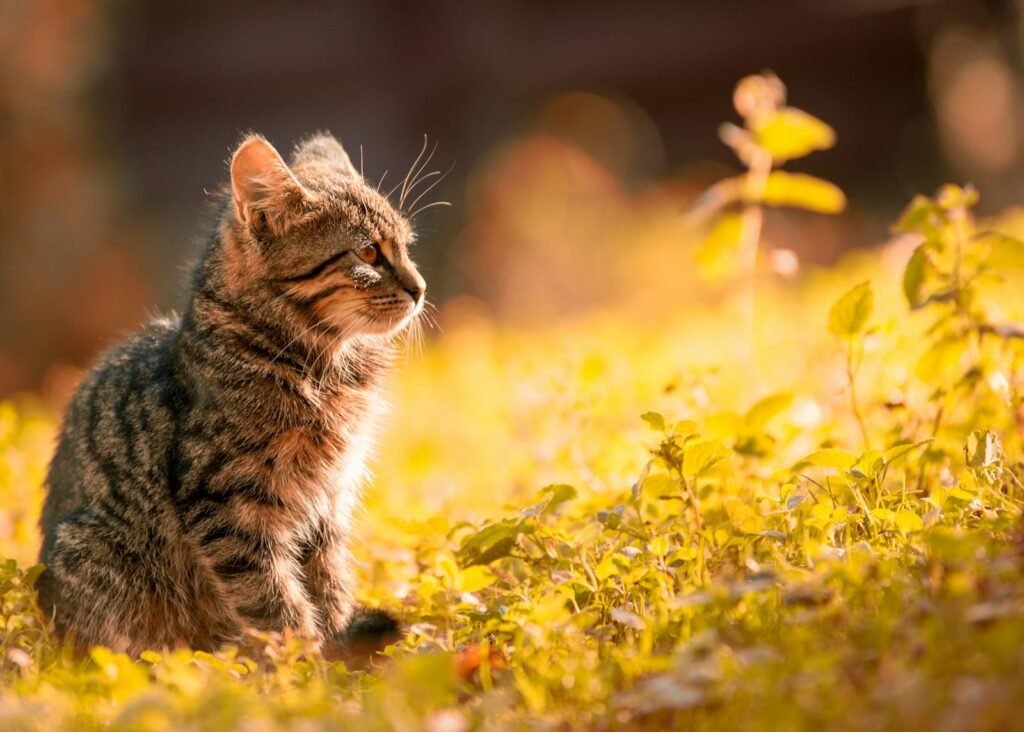
Just as some humans experience social anxiety, some cats can feel overwhelmed by social situations. This anxiety can manifest as hiding or avoiding interaction. Identifying and responding to their cues with patience can assist them in managing and even overcoming such anxiety in a stress-free manner.
Creating a Safe Environment
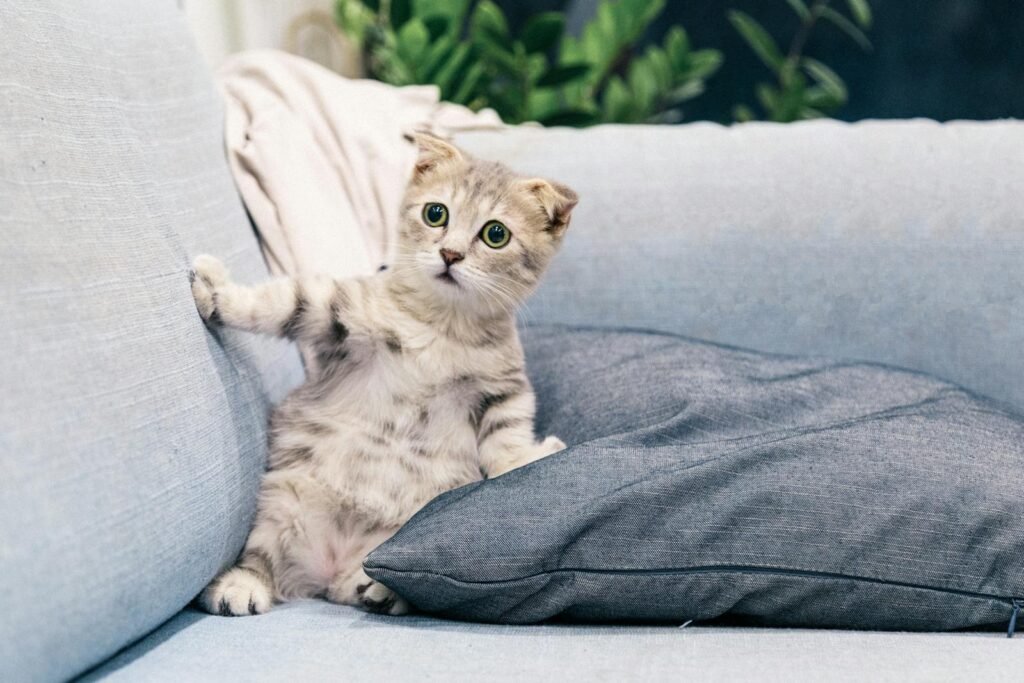
To accommodate cats preferring solitude, it’s vital to create an environment in which they feel safe and comfortable. Offering quiet spaces, like high perches or secluded corners, can provide them the opportunity to retreat when desired, fostering a sense of security and control over their environment.
Respecting Their Boundaries
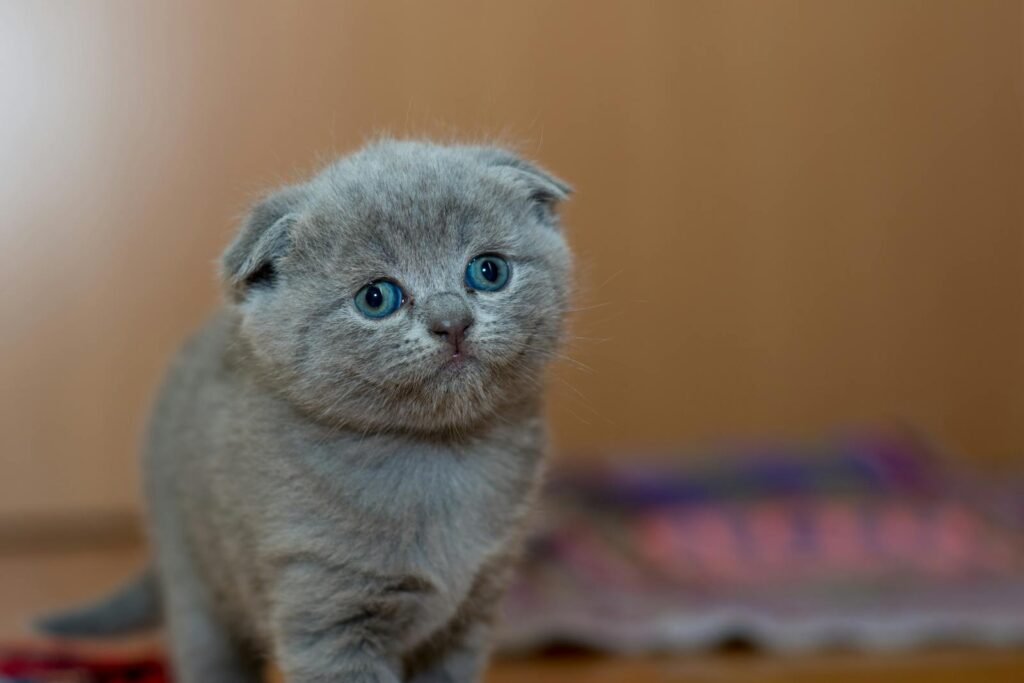
Ultimately, respecting a cat’s boundaries is key to maintaining a harmonious relationship. Forcing interaction can lead to increased stress and withdrawal. Providing positive interactions at their own pace can help them feel valued and understood, promoting trust and occasional companionship.
The Impact of Age
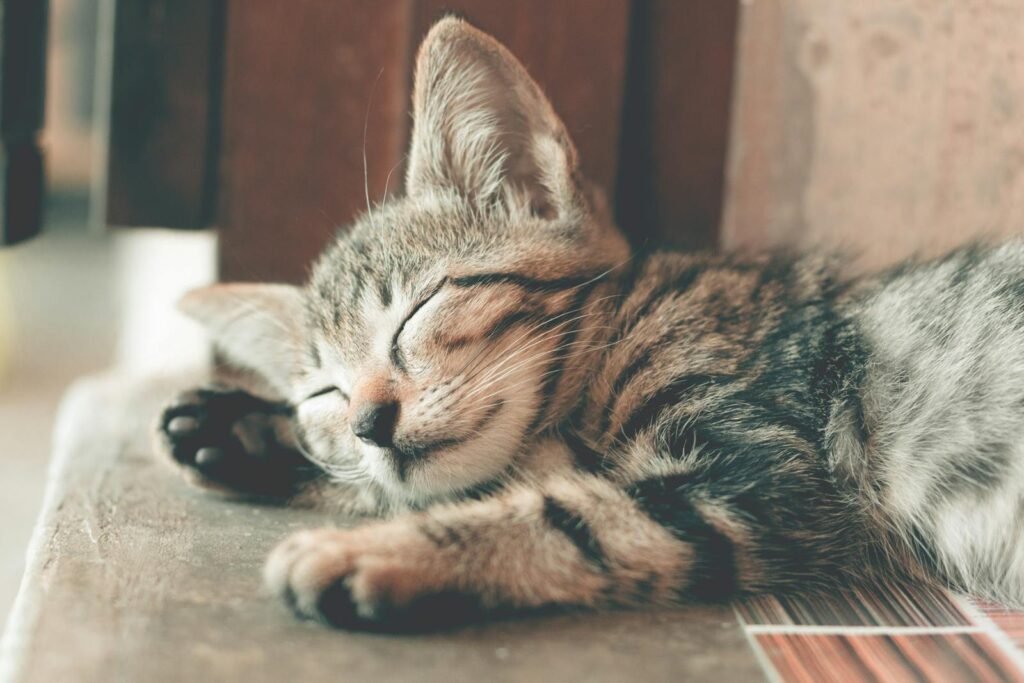
As cats age, their need for social interaction may decline. Older cats might choose to spend more time resting or enjoying their own company. It’s important to adapt to their changing needs and respect their evolving preference for solitude.
Balancing Social Expectations
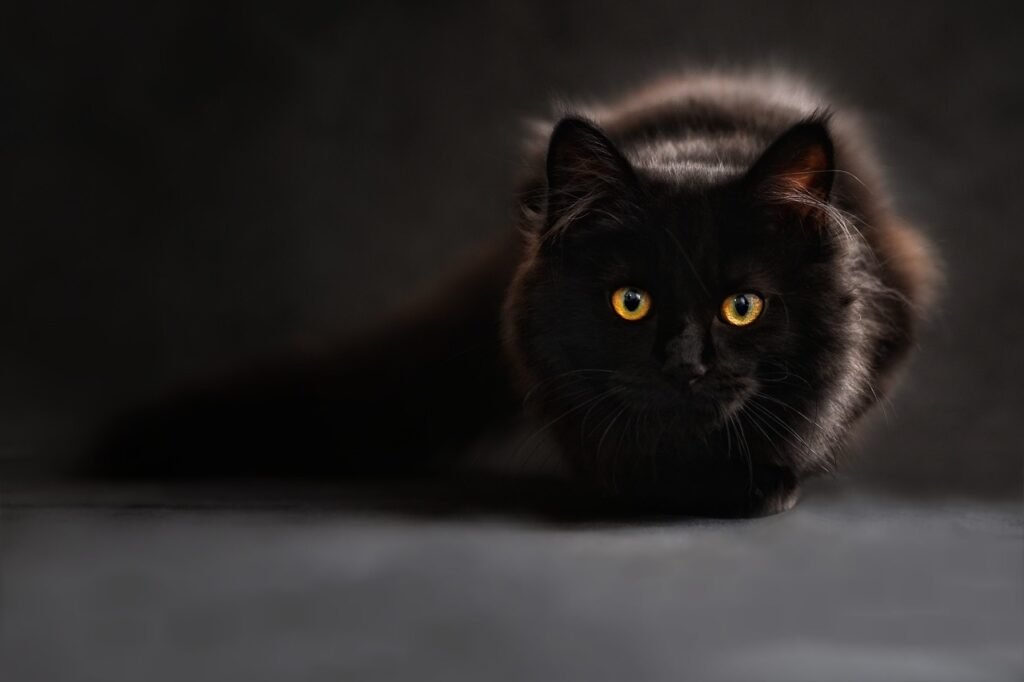
It is crucial for cat owners to balance their social expectations with their cat’s comfort levels. Recognizing that solitude is a natural preference for some cats can help set realistic expectations and foster a compassionate and understanding relationship.
Conclusion
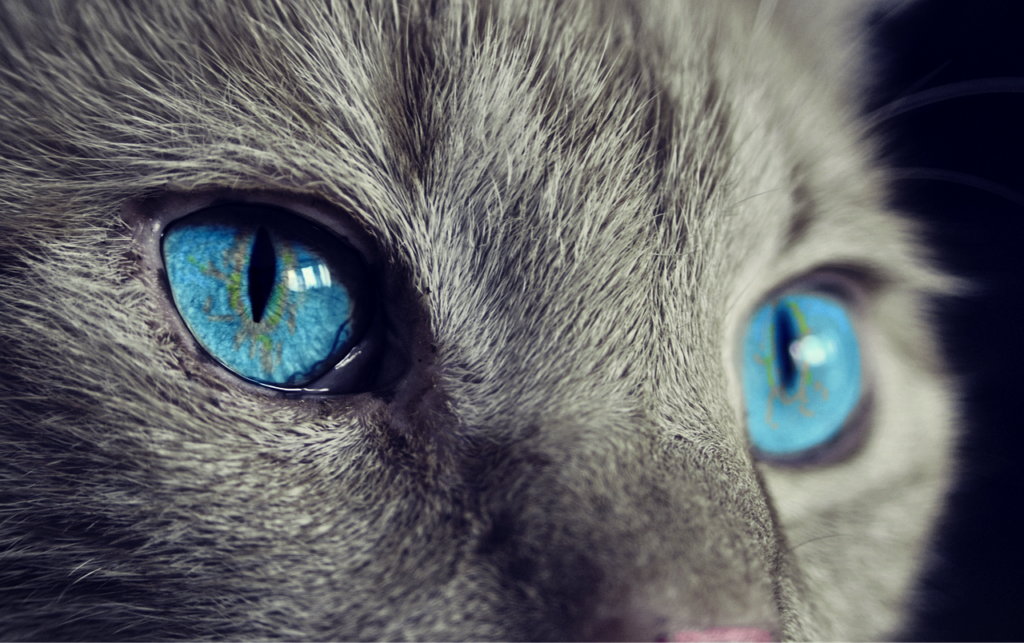
The reasons why some cats prefer to be alone are as varied as the cats themselves. From evolutionary instincts and personality traits to health conditions and environmental influences, a multitude of factors can contribute to a cat’s preference for solitude. By recognizing and respecting these factors, cat owners can better support their pet’s needs, paving the way for a happier and healthier feline companion. Embracing their unique personalities—whether they be solitary or social—enables a deeper connection and a more fulfilling relationship with our beloved pets.
Hi, I’m Bola, a passionate writer and creative strategist with a knack for crafting compelling content that educates, inspires, and connects. Over the years, I’ve honed my skills across various writing fields, including content creation, copywriting, online course development, and video scriptwriting.
When I’m not at my desk, you’ll find me exploring new ideas, reading books, or brainstorming creative ways to solve challenges. I believe that words have the power to transform, and I’m here to help you leverage that power for success.
Thanks for stopping by, Keep coming to this website to checkout new articles form me. You’d always love it!






